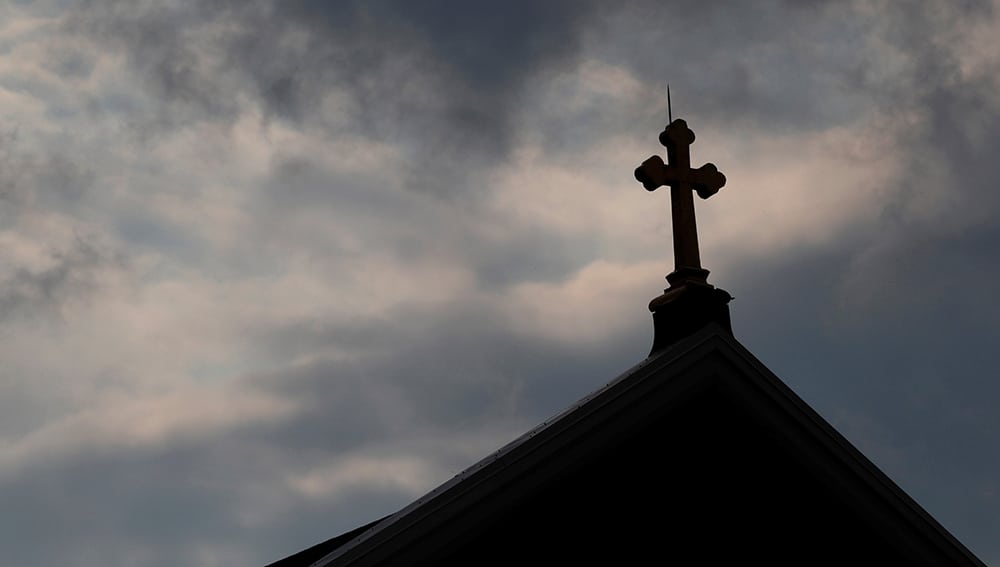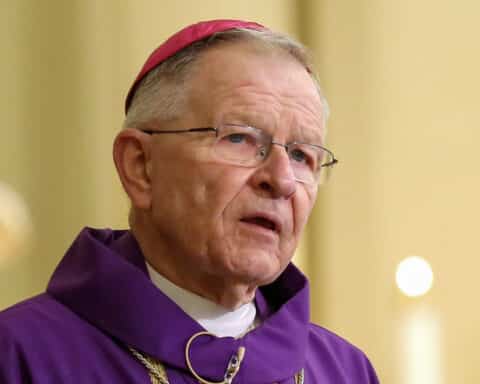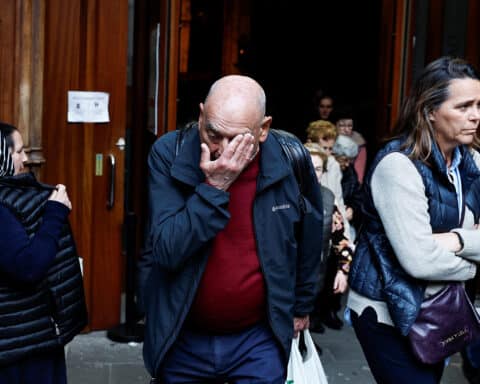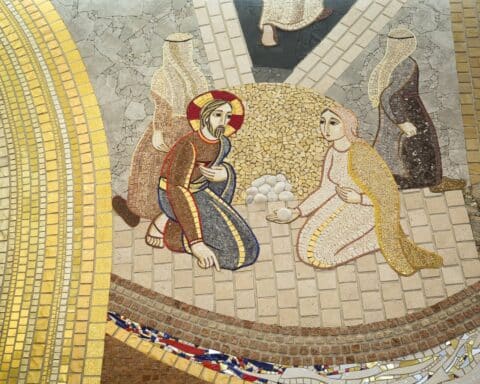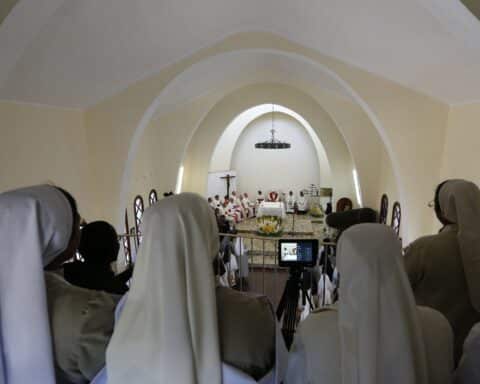Two articles. Two respected sources. Both, on their face, horrifying.
And both subtly suggesting that the Catholic Church is uniquely self-serving.
The first, from the Oct. 2 issue of USA Today, is entitled “The Catholic Church and Boy Scouts are lobbying against child abuse statutes. This is their playbook.” The story is familiar, having been repeated many times since the Boston Globe series that shined a spotlight on decades of mismanagement and cover-up of clerical sexual abuse within the Catholic Church.
In the wake of those revelations in 2001-02, California passed legislation to lift temporarily the statute of limitations on civil suits against the Catholic Church regarding clerical sexual abuse. As the USA Today article notes, the legislation was advanced not by victims but by lawyers. The Church opposed it for a simple reason: The legislation targeted the Church alone, while leaving other private and public institutions, such as state-sponsored public schools, protected from lawsuits by victims.
Over the past decade and a half across the United States, the Church has opposed similar legislation, while always offering an alternative: Apply the legislation across the board, against all public and private institutions, and the Church will support it. No state has done so. While noting that fact, USA Today also dismisses it, instead choosing to find a conspiracy in the Church’s use of similar language when opposing such legislation in multiple states — as if there were an infinite number of different ways in which to say, “This legislation unjustly targets the Catholic Church; it isn’t about justice for all victims of sexual abuse.”
A few days after the USA Today article appeared, the Associated Press joined the chorus in a piece entitled “Without oversight, scores of accused priests commit crimes.”
The AP story — the culmination of a nine-month investigation — highlights a very real concern: “Nearly 1,700 priests and other clergy members that the Roman Catholic Church considers credibly accused of child sexual abuse are living under the radar with little to no oversight from religious authorities or law enforcement.” But how did we end up in such a situation?
In the past, the Church was criticized for not laicizing abusers, but the practice became much more common after the Charter for the Protection of Children and Young People was adopted by the USCCB in Dallas in 2002. As the AP notes, “Roughly 40% of all the living credibly accused clergy members [investigated by the AP] had either been laicized or had voluntarily left the Church.”
Yet once the Church has laicized a priest, it no longer has any legal control over him. Unless civil authorities have chosen to investigate, prosecute and secure a conviction against an accused abuser, there’s often no civil record that would show up on a criminal background check should the suspected abuser seek employment outside of the Church.
The Church, however, does have records. In fact, the AP story was possible only because, over the past year, “more than 100 dioceses and religious orders have come forward with thousands of names” of priests, deacons, religious and laypeople who have been credibly accused. What should have been greeted as a praiseworthy step toward transparency instead was used as fodder against the Church.
Imagine a similar scenario: A public school in New York City dismisses a teacher for sexual misconduct. The authorities, if they were even notified, decline to prosecute, or accept a plea deal that reduces the charge to a misdemeanor. The teacher moves to another state, applies for a teaching job, passes a background check and resumes his or her abusive behavior.
This would be a horrifying situation. Yet it’s hard to imagine the AP doing a complete investigation of New York City public schools for failing to exercise “oversight” over someone who is no longer an employee, even though the New York City public schools have never released a list of former teachers who have been credibly accused of abuse. The Catholic Church is held to a different standard.
Of course, while state legislatures and the media should treat the Church as they do other institutions that struggle with similar problems, the Church is called to hold itself to a different standard. The AP story does rightly point out how, in the wake of the Dallas Charter, the rush to laicize suspected abusers may not have been the best decision. As the Church continues to grapple with the fallout from decades of mismanagement and cover-up of clerical sexual abuse, it’s time to consider how best to prevent those who are credibly accused from creating future victims — even if that means keeping them in the clerical state.
Our Sunday Visitor Editorial Board: Gretchen R. Crowe, Scott P. Richert, Scott Warden, York Young

